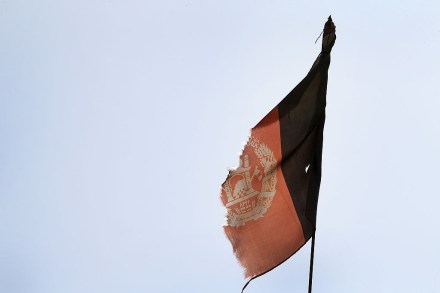Is Japan about to enter a ‘London-style lockdown’?
Just like the Olympics, which ended a fortnight ago, the Paralympics is set to commence amid a drumbeat of doom. Japan appears to be in the middle of a Covid renaissance, with around 5,000 new cases a day in Tokyo. The games will take place, like the Olympics, in a ‘state of emergency’ that now covers 84 per cent of the country. But how serious is the situation, and what exactly does 5,000 daily cases mean? Like much of the vaccinated world, the majority of the afflicted this time round appear to be younger people and overall deaths in Japan remain extremely low. It is at least as much a





















